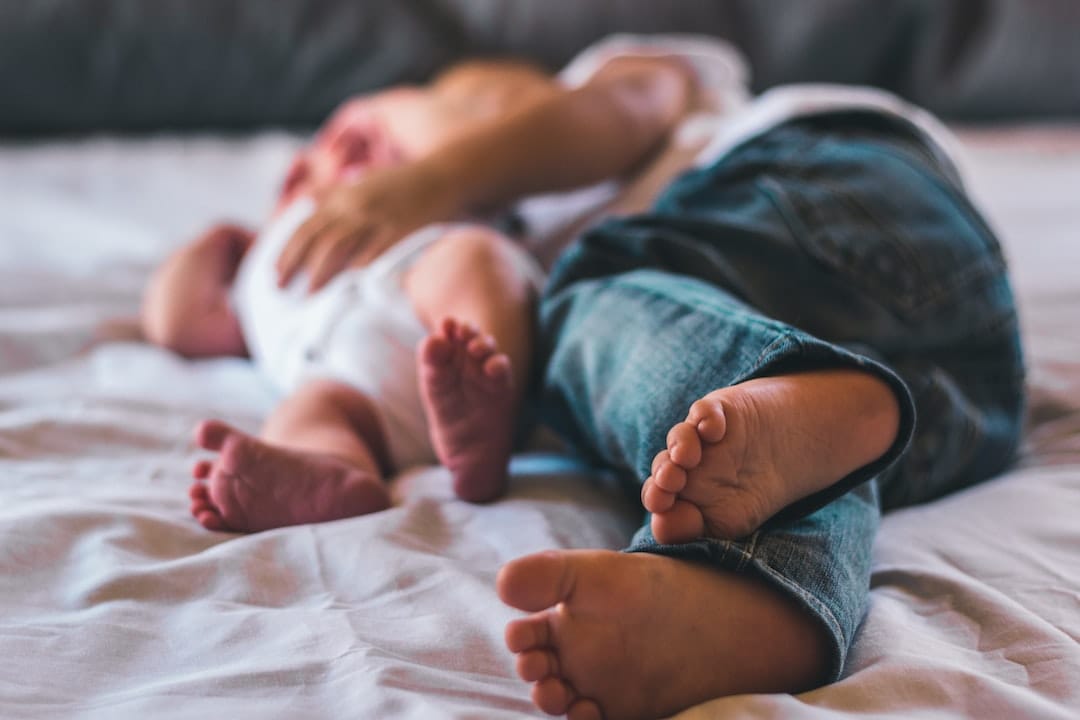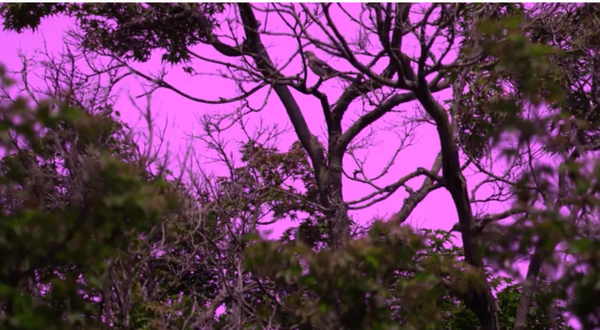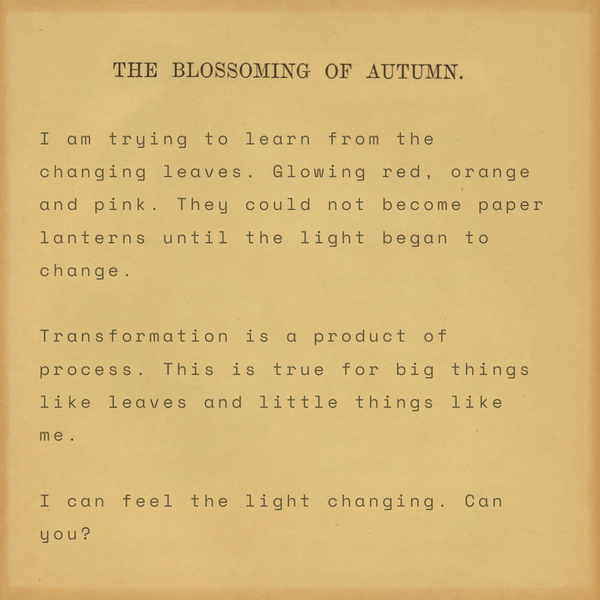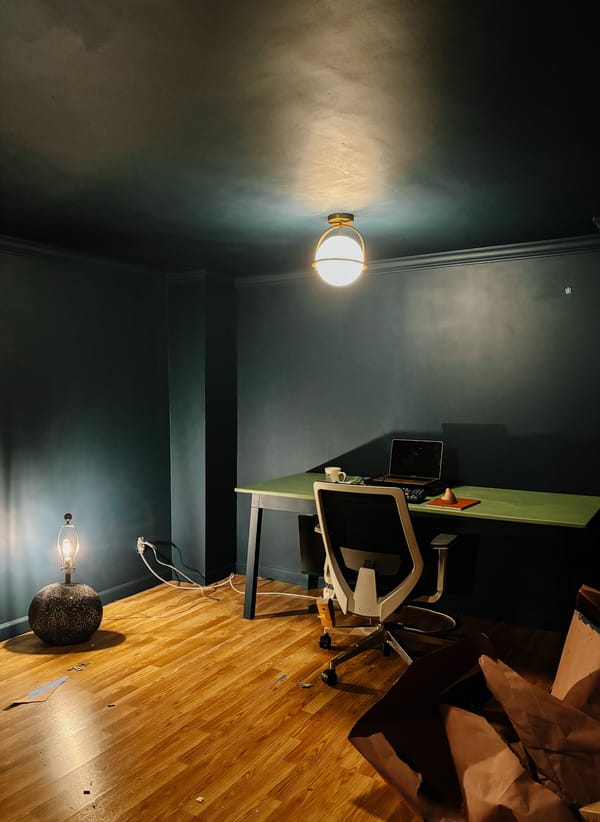Power Grids Are Failing All Over America
Profit, power, preconceived notions. For these things we let dreaming children die.

Last Wednesday, snow started to fall. Thick and fast. My kids went to bed hoping for a snow day. We’re new to snow days. My kids have spent most of their childhood in Oakland, California. Sometimes we had smoke days there. The smoke from wildfire was so bad, ash fell from the sky and got stuck in our eyelashes. When one of my daughters was five, she held her hand out to catch the ash. Burned up bits of homes, trees and bodies carried miles to us.
“Look Mom! Fire crumbs!”
Smoke days were ominous and choking. We dreaded them. But snow days? Snow days are sleds and snowmen. My daughter heard that if she wore her pajamas inside out on a snowy night, she’d wake up to a snow day. We all went to bed wearing our pajamas inside out.
It worked. Or it didn’t not work.
We woke up to ten inches of fresh snow. It was a big snowstorm, our seventh largest February storm since 1874. Breakfast had a festive air. The kids chanted “Snow day! Snow day! Snow day!” as they bundled downstairs to watch Phineas and Ferb together.
I listened to them chant and thought of the children in Texas who died because of a few snow days. Their parents will listen for their voices for the rest of their lives.
Lights went out, heaters went cold and frozen pipes burst because the Texas power grid failed. It blinked off and on and then, for millions, it went off again for days. In the summer, Texas can produce 86,000 megawatts of power. In the winter, power plants shut down for maintenance and production falls to 67,000 megawatts. This winter's shut downs were planned. A storm cold enough to still wind turbines and freeze natural gas supply lines was not. As the temperature in Texas plummeted, 46,000 megawatts of power went down with it.
A power grid is nearly abstract to the common houseperson. If we’ve paid our bills, we expect to be able to turn on a light, light an oven, heat the rooms that hold ourselves and our children. Should a family be able to pay an electrical bill to have light or water or heat? Are those things that must be earned or are those a right?We know that pipes run from a gas facility for miles and miles. They snake under the ground and then spread throughout our community. We know that electrical wires hang above us and course through the ground too. If wind powers some of our power, we expect the wind to blow and the turbines to turn and send that power to us. But we do not know where the pipes run under us, or really how the wires connect to our homes. They are a given, like breath. Until they’re not, also like breath.
What happens when the power grid fails?
Children die.
An eleven year old in Texas saw snow for the first time during the Texas deep freeze. He played in it for a half hour before being called inside. His mom was worried he’d get too cold. The power went out in their mobile home for days. Temperatures hit 12 degrees at night. The little boy died of hypothermia in the bed he shared with his toddler brother. He’d been trying to keep his little brother warm. His mother started a gofundme to return her son’s body to Honduras. He always promised he’d grow up and take his mom home to see her parents. Now she must send him home alone.
A mother and her seven year old daughter died of carbon monoxide poisoning. The mother went into an attached garage and turned on her car. She was trying to charge her phone and generate heat. She died in the car. Her little girl died a few feet away, in their home. Her father and brother were rushed to the hospital. When they woke up from the carbon monoxide poisoning, half of their world was gone.Family is raising money for their care and for a funeral for the half of their world did not survive.
Three children, Olivia, Edison and Colette, died in a house fire after their family tried to use a fireplace to heat their home during the power outages. Their grandmother died alongside them. Their parents survived. Olivia, Edison and Colette’s mother had to be restrained from running into the burning house to try to save her children. Instead of being able to raise her children, their mother is now raising funds for scholarships in their names.
Many who survived were nearly lost. Children on ventilators were left breathless as the power went out and generators ran out of gasoline. Hospitalizations for carbon monoxide poisoning surged as parents tried to keep their children from freezing to death in their beds. Frozen pipes burst, water poured from ceilings onto beds, couches, family photos and medical equipment. The parents of the children who survived are worried about the costs that remain as the snow melts.
People stumbled through suburban neighborhoods searching for firewood in well-kept, useless yards. Women’s shelters lost light and warmth. Then they were flooded by burst pipes. Domestic violence victims subjected to a new trauma after fleeing one. Predominantly Hispanic and Black neighborhoods were the first to lose power and the last to have it restored. A common symptom of systemic racism. Forced out of their homes by cracked and spewing pipes, single mothers are living on buses with their children. Laptops used for remote school were lost in the deluge. Vulnerable people, isolated because of Covid, crowded into the few warming spaces available.
None of this was a surprise. Politicians and power executives, knew the power grid was composed of pipes that could crack and systems that could fail. They’d been told that the power grid could not bear a storm of this size. they’d been told storms like this were coming. Regulators proposed changes, including winterization of power plants and pipes. Power companies exercised their right to refuse them. They refused to protect their energy infrastructure because of profit, power and preconceived notions.
Politicians didn’t want to join the federal power grid. If they did, they’d be admitting that they were not always self-sustaining. They would also cede some of their power. They didn’t want to give help to other states, or accept it. If they winterized their pipes they’d be admitting the climate is changing. They were certain it was not. Power companies were not just worried about the cost of winterizing their systems. They were also eager to take advantage of the occasional freeze.
There was a polar vortex in Texas in 2014. It nearly knocked the grid offline. Many experts said it was a warning of worse to come. Some in the Texas energy sector hoped that was true. Power prices aren’t regulated in Texas, they’re only subject to the free market. Power companies compete for customers. They also make huge profits off of them. Increased demand because of a freeze means higher prices for customers and higher profits for power companies.
Propublica reports that after the polar vortex, at least one power executive was very nearly giddy,
“This business benefited significantly from increased basis and storage spreads during the polar vortex earlier this year,” Joe McGoldrick, an executive with Houston-based CenterPoint Energy, said in a November 2014 earnings call. “To the extent that we get another polar vortex or whatever, absolutely, we’ll be opportunistic and take advantage of those conditions.”
He no longer works for that company. No matter, his point stands. Energy companies are taking advantage now. The free market is delivering $5000 bills electric bills to customers in Texas.
NPR's Consider This says that Texas is defined by energy. That's right. But energy is only as good as the engineering that moves it. Here’s Propublica again on the importance of a well-protected and planned grid,
"Michael Webber, an energy expert and mechanical engineering professor at the University of Texas at Austin, said “Good engineering requires detailed understanding of the performance limits of each individual component that goes into a system. Even if 99.9% of the equipment is properly rated for the operational temperatures, that one part out of 1,000 can bring the whole thing down."
It’s easy for those of us who do not live in Texas to smirk over this. Our states have regulated power industries, our grids don’t fail in extreme weather. We shouldn't be so smug. Texas is defined by energy and couldn’t provide enough power to keep all of its children alive during a few snow days. America is defined by opportunity and can’t keep it’s children from becoming hungry and homeless. Opportunity is only as good as the power grid that provides access to it.
We focus so much on the self-sustaining nuclear family, on what occurs in our individual homes. We think a home is a self-sustaining power source. Nuclear energy is only real in nuclear plants, nuclear families do not provide it. No matter what our home unit looks like - a family, roommates, single living - we are not capable of self-power. We are connected by more power grids than the one that powers our washing machines. There are dozens, hundreds, thousands of invisible grids that connect our homes to one another. Healthcare, education, childcare, food access, and mental health. When there is a failure in any one of those systems, the light goes out.
Can't you see the lights flickering on and off across our country?
When little girls are diagnosed with brain malformations, they must sell lemonade to fund their own treatments. Schools in underserved neighborhoods cannot afford teachers, textbooks or counselors. Parents cannot afford to work because childcare is too expensive and wages are too low. They cannot afford to not work because their unpaid labor is exploited by our country. We only think children deserve to be cared for properly if their parents have figured out how to pay for their care. Food deserts are real and so is the bureaucracy that keeps the hungry off food stamps. Children who are neurodiverse are handcuffed and pressed to the ground by police officers.
Many of these children live, but some of them do not. Those that live, live harmed. Those that die? Well, the tiny body count is much higher than a Texas snowstorm. Over the past 50 years, an estimated 600,000 children have died because of inequality. Why do we allow this to happen? Profit, power and preconceived notions.
We say the cost of universal healthcare would be too high. As if the lives a lack of healthcare claims isn’t a price too many pay. We raise money in our PTAs for our neighborhood schools. The fundraisers provide paras and pathways to understanding for our children, but not the ones across town. Those houses should find a way to make more money and donate it to their schools. To pretend many of our children do not profit from this disparity - in university applications and the job market that follows is ridiculous. When children do not have enough to eat, we blame their parents. As if a child could have chosen better, more profitable creators. We let the free market decide who gets help and who does not because we believe in it and because we take advantage of it. Those in power do not insist on examining the system part by part, fixing the pieces that cannot bear current conditions. Instead, we are opportunistic and take advantage of the conditions.
I am not a social scientist or economist. I do not know how to regulate society. I can tell you this pandemic was our 2014 polar vortex. A warning of worse to come. It revealed the problems in our system, the places where the pipes have cracked, they places they will crack. More than one in 1000 parts is failing. The power grids we depend on, and often exploit, can no longer exist in our minds as abstract. We must learn about them so we can fix them.
During the past year the lights in my house mostly stayed on, literally and figuratively. How much darkness are we willing to let creep into our neighbors homes because ours are still warm and well lit? And how many houses can go dark before mine follows, before yours follows? How many children will we allow to go to sleep and not wake up? Too many more, I fear. Too few of us are ready to relinquish our advantage.
Profit, power, preconceived notions.
For these things we let dreaming children die.




